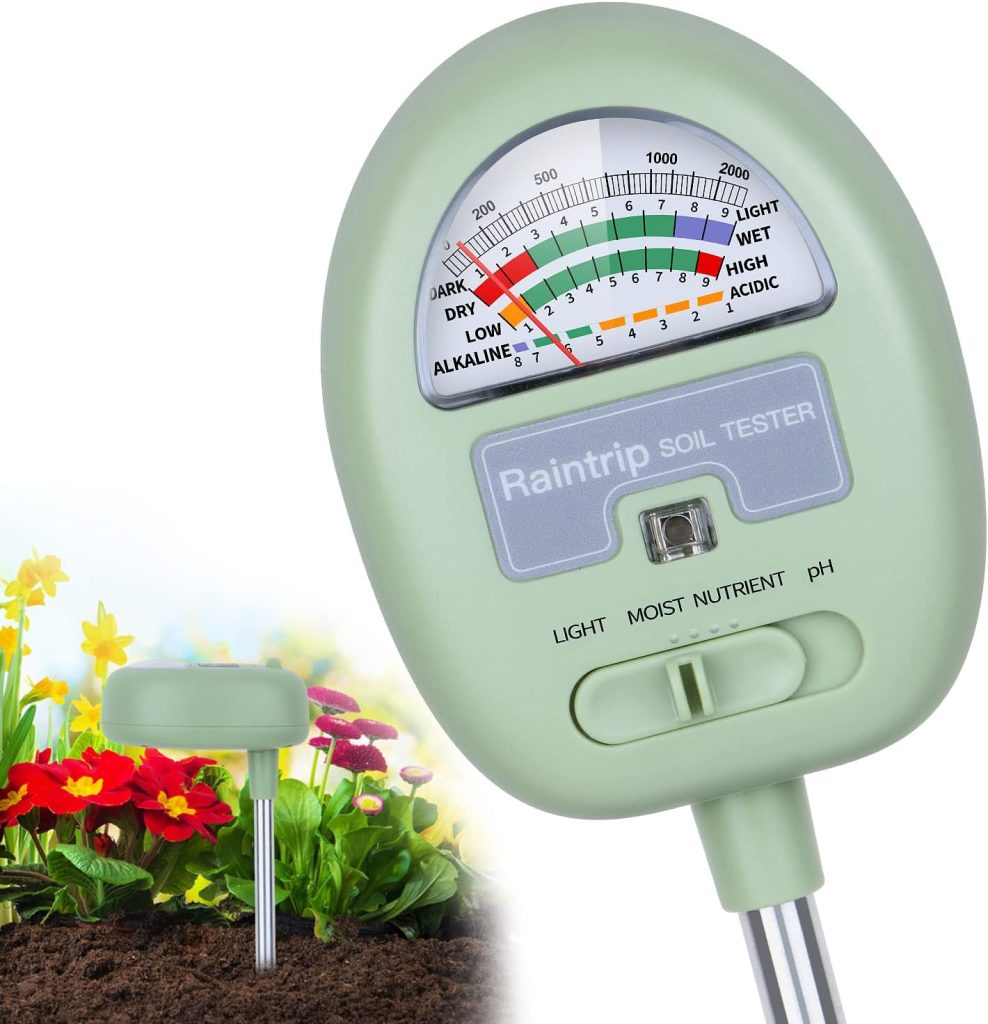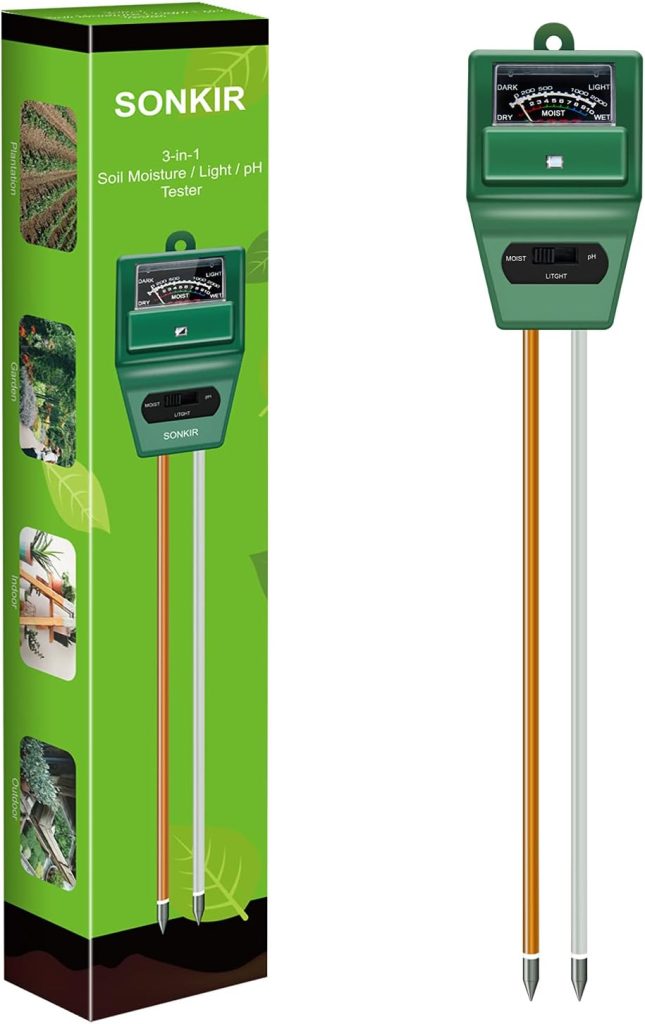Soil pH Testers
*As an Amazon Associate, I earn from qualifying purchases. Please see our disclosure to learn more.
Soil pH testers are tools used to measure the acidity or alkalinity of soil. It’s an essential device for gardeners, farmers, and landscapers because different plants have different pH preferences, and soil pH can affect nutrient availability to plants.
Basically, soil testing is a crucial part of soil-management. It determines the fertility of soil as well as the optimum lime and fertilizer requirements for specific plants and crops.
Benefits of Using Soil pH Testers
Using a soil pH tester offers several benefits for gardeners, farmers, and landscapers:
- Optimized Plant Growth: Regular soil testing can ensure that the soil conditions are suitable for the plants you are growing, leading to better yields and healthier plants.
- Improved Nutrient Availability: Soil pH influences the availability of nutrients to plants. Some nutrients become more readily available in acidic soils, while others are more available in alkaline soils.
- Prevention of Soil Problems: Monitoring soil pH helps identify potential problems before they impact plant health. Addressing these issues early can prevent crop failures or reduced yields.
- Environmental Protection: Proper soil pH management can help prevent soil degradation and erosion. Maintaining soil pH helps promote soil health and minimize the risk of carrying pollutants into water bodies.
Various Types
There are various types of soil pH testers available. Here are some common ones:
- Probe Meters: These testers consist of a probe that you insert into the soil. The probe measures the electrical conductivity of the soil, which is then converted into pH readings.
- Liquid Test Kits: Liquid test kits typically come with reagents and color charts. You mix a soil sample with the provided liquid reagent, and the resulting color change indicates the soil pH level.
- Electronic Testers: Electronic soil pH testers use advanced technology to provide accurate pH readings. They often come with digital displays and may offer additional features such as measuring soil moisture and nutrient levels.
- Test Strips: Some test kits also come in the form of strips.
When choosing soil pH testers, consider factors such as accuracy, ease of use, and your budget. It’s also important to follow the manufacturer’s instructions for proper calibration and maintenance to ensure accurate readings.


